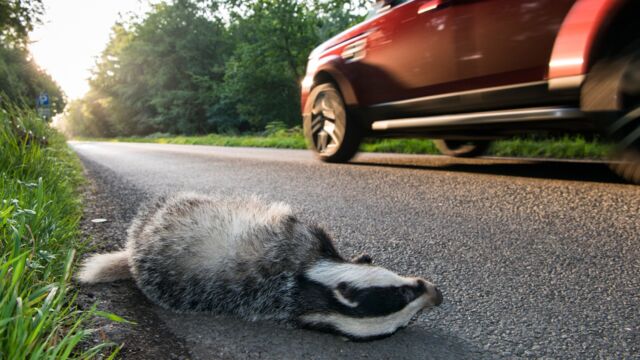While Roadkill recipes may not be something you have yet encountered, it is a thriving subculture for environmentalists and savvy shoppers who believe this to be an ecological step in the right direction with countless nutritional benefits.
Discover our latest podcast
For the everyday man this is a subject that is sure to incite both shock and curiosity though it seems there exists a vibrant eco-community embedded in the practice of sharing recipes online for their roadside scran. The roadkill cookbook offers anything from squirrel with red wine and juniper to slow-cooked pheasant showing there are many methods to salvage a meal from the muck.
Aside from the plentiful ecological advantages there is the evident low cost aspect in addition to nutritional benefits as well. These animals are generally free of additives and other drugs as well as the likelihood that the animals found on roadside are naturally high in vitamins and proteins and low in saturated fat.
However, before you plan on adding the roadkill diet as a regular aspect of your lifestyle it is important to be aware of roadkill laws in the UK.
Salient to mention that it is highly discouraged to treat yourself to roadkill tea if you were in fact in the vehicle involved in this roadside accident. Though a grey area, it can generally be argued that you may have done this intentionally, in which case consequences would ensue.
Furthermore roadkill law in the UK states that larger animals such as dogs, horses, cattle, pigs, goats, sheep, donkeys and mules must all be reported to the police after being hit on the road.
Despite ‘freegans’ displaying other (and vastly differing) ideas on roadkill ethics, it is clear that for hard-core environmentalists the roadkill diet is here to stay.















